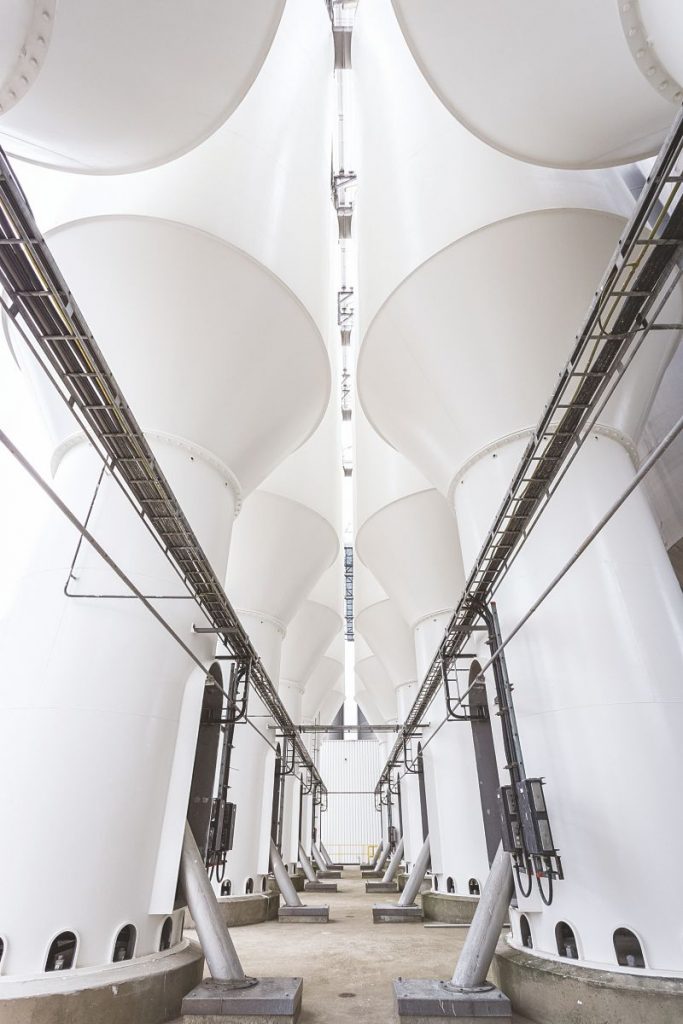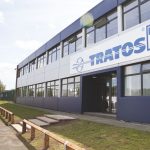The compact portfolio of plastomers and elastomers are now rebranded as Borceed™
June 7, 2016

Elastomers at Borealis plastomers and
elastomers facility at Geleen,
The Netherlands.
Borealis announces the extension of its Queo™ polyolefin plastomers (POP) portfolio through the launch of three new polyolefin elastomers (POE) grades on 7 June 2016 at their Pre-K event in Linz, Austria. It also announces the rebranding of the Compact technology, which will now be known as Borceed™. Borceed technology enables flexible materials exhibiting both plastic and elastomeric properties and is the platform supporting Borealis’ Queo products. The Queo portfolio expansion further enhances Borealis’ product offering of high-value specialty polyethylene (PE) products for the high-end segments of the automotive, consumer packaging, housewares, and wire and cable industries.
The Queo portfolio (launched in 2013) encompasses a range of multi-talented polyolefin plastomers and, now with this launch of three new grades, elastomers that bridge the performance gap between conventional polyolefin plastics like PE and conventional elastomers like ethylene propylene diene monomer (EPDM). Produced using the proprietary Borceed technology, Queo plastomers and elastomers combine many of the physical properties of a rubber with the processing advantages of a thermoplastic material.
Borealis is now expanding its Queo product portfolio with the launch of three new polyolefin elastomer grades: Queo™ 6800LA (density 868, melt flow rate 0.5); Queo™ 7001LA (density 870, melt flow rate 1.0); and Queo™ 7007LA (density 870, melt flow rate 6.6).
Whilst Queo polyolefin plastomers are primarily aimed at applications requiring good to moderate flexibility combined with higher thermal properties and high mechanical strengths, Queo polyolefin elastomers are the material of choice when it comes to enhanced flexibility and outstanding low temperature impact. Queo polyolefin elastomers deliver a number of additional benefits when compared to existing plastomers including reduced crystallinity, ower melting points (55–75°C), very high flexibility (<20 MPa) and low temperature impact, decreased density, and improved low temperature performance (glass transition –55 °C).




